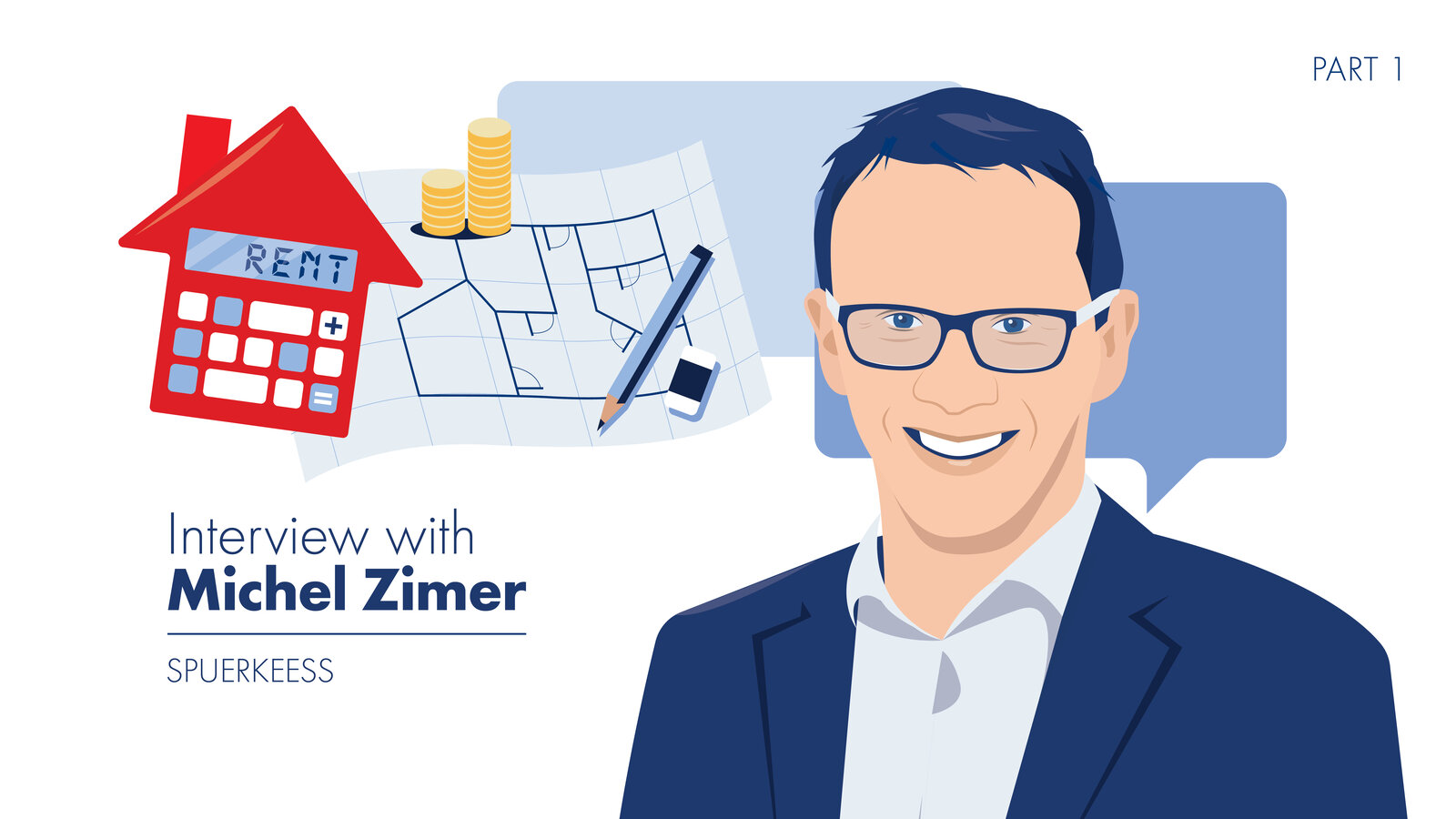Climate change risks and how to mitigate them
Climate change risks are a growing concern for companies, including financial institutions, as they can be caused by physical effects, weather changes, or…

Nevertheless, a recent report by the European Systemic Risk Board (ESRB) [4] analysed the evolution of real estate markets in different EU countries and noticed high prices and a considerable indebtedness trend in Grand Duchy households. Following this report, draft law no. 7218 [5] was recently adopted to allow the national regulator, the Commission de Surveillance du Secteur Financier (CSSF), to impose caps on the attribution of new loans.
This refers to borrower-based measures which, among others, impact the minimum investment of personal funds as well as maximum redemption: i.e. the ratio between expenses and monthly income.
It should be noted that this law does not provide a fixed limit but simply provides the CSSF and the Banque Centrale du Luxembourg (BCL) with the tools they need to introduce restrictive limits, if necessary from a macroprudential perspective.
Such measures already exist in several European countries such as Ireland, Finland and the Netherlands.
Three main factors could limit this increase. A sudden rise in interest rates, a substantial fall in positive net migration or a massive increase in housing supply would have an impact on prices. We do not anticipate such changes at present, however. Of the three factors mentioned above, we believe that only an increase in supply could have a beneficial effect for the resident population.
The Observatoire de l’Habitat estimated that there was approximately 2.719 hectares of undeveloped land stock in 2013 [6]. According to the General Development Plan (PAG), more than three-quarters (75,6%) of total available space for housing in municipalities belongs to individuals (natural persons) and 16,4% to legal entities, with public bodies only owning 8% of the surface area.
The increase in housing supply will therefore necessarily rely on private players, with the involvement of public authorities.
It all depends on the individual's personal situation. A person or household wanting to buy their own home must make a number of choices.
Prices vary depending on the location, the availability of public transport, municipal infrastructure and, of course, the condition of the property.
Spuerkeess housing advisors can assist and guide future buyers and investors with their analysis and decisions.